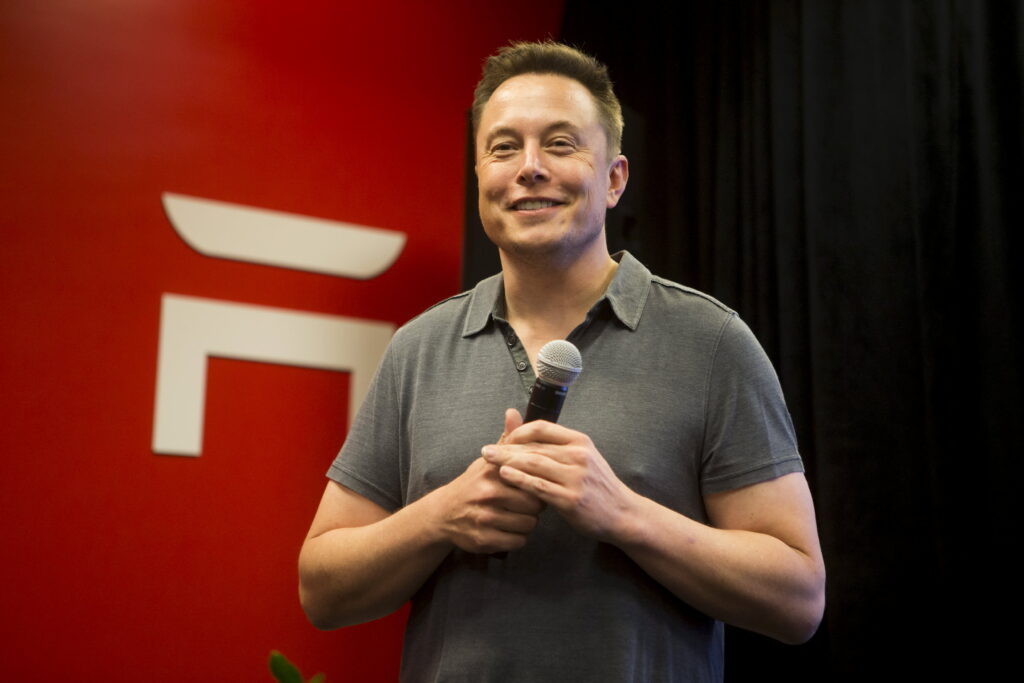
Audience
- Sentiment: Mixed
- Political Group: Republicans
- Age Group: Young Adults (18-35)
- Gender: Both Genders
Overview
- Elon Musk’s DOGE aims to enhance government efficiency but faces significant controversy.
- Rep. Mike Turner defends DOGE while proposing cuts to USAID, raising concerns about international aid.
- Legal challenges may complicate the execution of DOGE’s proposed reforms in federal spending.
The Controversial Moves of Musk’s DOGE and American Foreign Aid
In today’s fast-paced world of politics and technology, it’s not uncommon to hear about surprising collaborations, especially between government figures and tech moguls. One of these unexpected partnerships is between Republican Representative Mike Turner and Elon Musk, the CEO of Tesla and SpaceX. This collaboration has sparked conversations about government efficiency and spending, especially with Musk’s creation of the Department of Government Efficiency, commonly known as DOGE. When Turner defended DOGE in a recent interview, it raised important questions about the future of federal spending and the role of international aid in the U.S. foreign policy landscape.
Who is Elon Musk?
Before we dive deep into the details of Rep. Mike Turner’s defense of DOGE, let’s take a moment to understand who Elon Musk is. Musk is a remarkable figure with a knack for innovation and entrepreneurship. Born in South Africa in 1971, he later moved to the U.S. where he changed the game in numerous industries. From electric cars to space travel, Musk is known for pushing the boundaries of technology. He’s a bit of a dreamer—someone who doesn’t just see problems but thinks outside the box to solve them.
However, his ambition to improve efficiency and cut costs in government operations has stirred up quite a debate. Critics argue that his approach may be too extreme, especially in sectors like international aid. In his recent interview, Rep. Mike Turner stood firmly in defense of Musk’s DOGE, and that’s what we’re going to explore.
What is DOGE?
DOGE, which stands for the Department of Government Efficiency, is Musk’s baby—an entity designed to reform the way the federal government spends money and operates. Now, you might be wondering, “Why does the government need to be more efficient?” Well, government agencies often handle large budgets, and sometimes the money doesn’t go where it’s needed most. This inefficiency can lead to waste, which means less money for important programs and initiatives.
Turner believes that DOGE could bring about substantial changes. He claims that Musk’s leadership could lead to significant cuts in governmental spending that could in turn free up budgetary resources for other vital areas. But what are these cuts, and who could be affected?
The Controversial Cuts
One of the most significant moves associated with DOGE has been the proposed shuttering of the U.S. Agency for International Development (USAID). USAID is crucial because it provides assistance to countries in need, helping them recover from disasters, fight poverty, and develop their economies. When Turner discussed this in his interview, he acknowledged that while USAID plays an essential role, he emphasized the need for fiscal accountability across federal agencies.
This idea raises some eyebrows. On one hand, it’s important to ensure taxpayer dollars aren’t being wasted; on the other hand, cutting funding to an agency that helps countries struggling with poverty and disaster feels risky and compassionate. It’s a complex issue, and many people feel deeply about international aid and how the U.S. should engage with the rest of the world.
The Legal Pushback
Turner also mentioned the challenges DOGE faces. After the proposed cuts to USAID, a federal judge stepped in and temporarily blocked these reductions. This legal pushback highlights two things: first, the push for efficiency and cost-cutting in government might not be as straightforward as some would hope. Second, the role of judges and legal systems is crucial in creating checks and balances in the U.S. government. They can help ensure that actions taken by the government are in the best interest of the people, which is important for maintaining democracy.
The Foreign Policy Conversation
While discussing DOGE and its implications, Rep. Turner didn’t shy away from addressing broader questions about U.S. foreign policy. He touched on the volatile situation in places such as Gaza. The recent comments by former President Trump regarding U.S. control over Gaza may sound alarming to some. However, Turner suggested that instead of focusing solely on control or military presence, the U.S. should focus on dismantling terrorist structures in the region.
This notion leads to more questions. If the U.S. cuts back on international aid and support systems in unstable regions, will countries like China step in to fill the void? Turner expressed confidence that they wouldn’t, arguing that the U.S. remains a powerful player on the global stage. However, such confidence can sometimes seem unrealistic. Some people believe that if the U.S. steps away, other countries will undoubtedly try to ensure their interests are protected.
Understanding the Bigger Picture
As high school students preparing to enter a complex world of responsibilities, it’s essential to understand how decisions made by our leaders can affect not only our lives but also our global community. The debate surrounding government efficiency, international aid, and foreign policy raises significant points to consider.
Turner’s support for Musk’s DOGE represents a broader trend in U.S. politics where leaders are increasingly looking for ways to streamline federal spending. This trend can initially seem beneficial, like trimming out the excess to ensure money is being used effectively. But we must always ask ourselves—what does this mean for those who rely on government assistance? For communities in crisis? For the integrity of U.S. involvement worldwide?
Conclusion
The issues surrounding Musk’s Department of Government Efficiency and Rep. Mike Turner’s defense of it showcase a fascinating intersection between technology, politics, and ethical responsibility. The ongoing discussions about government spending and international aid illustrate just how intertwined our global society is.
Now that you’ve had a chance to explore these complex topics, what do you think? Is the quest for government efficiency worth potentially sacrificing essential agencies like USAID, or do you believe America should continue to invest in its global responsibilities? Share your thoughts in the comments below! Your perspective could help shape the conversation and deepen our collective understanding of these crucial issues.






